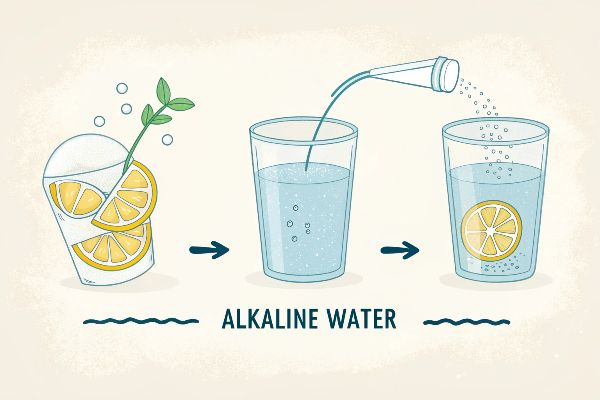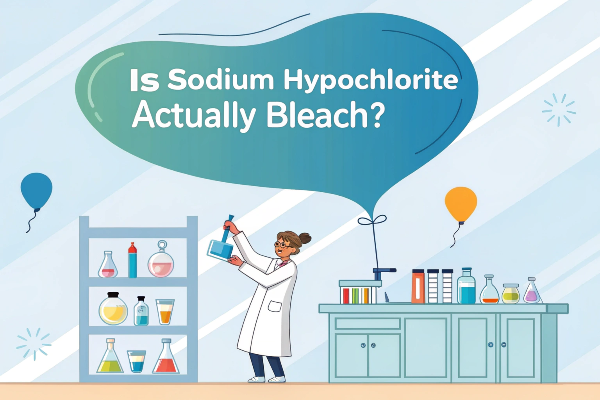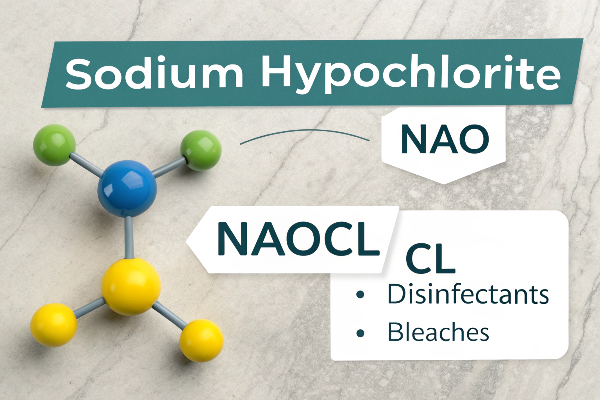Have you ever wondered about the magic behind electronic rust protection? It’s like a silent guardian, a shield against the relentless assault of rust on our precious metals. Today, let’s dive into the nitty-gritty of electronic rust protection, its effectiveness, and its role in extending the life of our investments.
Electronic rust protection, a technology that sounds like it’s straight out of a science fiction novel, promises to protect metals from the inevitable decay caused by rust. But how does it stand up to the test of real-world conditions? Is it the hero we’ve been waiting for, or just another gimmick in the endless battle against corrosion?
Rust, or the oxidation of metal, is an enemy we’ve been fighting since the dawn of the industrial age. It eats away at our cars, our bridges, and even the integrity of our buildings. The quest for a solution has led us down many paths, but electronic rust protection offers a modern twist on this age-old problem.

What is Electronic Rust Protection?
Electronic rust protection is a fascinating application of science, utilizing a small electrical charge to prevent the chemical reaction that causes rust. This technology, often referred to as a cathodic protection system, turns the entire metal body of a vehicle or structure into the cathode of an electrochemical cell.
In simpler terms, it uses electricity to stop rust before it starts. By applying a negative charge to the metal, it repels the positive ions that contribute to the oxidation process. This method has been widely used in various industries, from protecting pipelines that run across continents to safeguarding the hulls of ships against seawater corrosion.

How Effective is Electronic Rust Protection?
The effectiveness of electronic rust protection varies depending on several factors, including the environment, the quality of the installation, and the type of metal being protected. However, when implemented correctly, it can significantly reduce the rate of corrosion.
For instance, in the automotive industry, where rust can significantly decrease the lifespan and value of a vehicle, electronic rust protection systems have shown promising results. Many users report that their vehicles remain free from rust for years, even in harsh climates known for accelerating the rusting process.

Applications Beyond Vehicles
While vehicles are the most common beneficiaries of electronic rust protection, this technology has far-reaching applications in other areas as well. From the protection of water heaters to ensuring the longevity of swimming pool structures, electronic rust protection has proven to be an invaluable tool in maintaining the integrity of metal components in various settings.
In the realm of industrial applications, such as in the production of electrolytic copper foil or in seawater electrolysis, electronic rust protection plays a crucial role in preventing premature corrosion, thereby enhancing efficiency and reducing maintenance costs.

The Science Behind the Success
The success of electronic rust protection lies in its scientific foundation. By understanding the electrochemical processes that lead to rust, researchers have been able to develop systems that effectively interrupt these processes. The application of a constant, low-voltage current ensures that the metal surface remains in a state that is unfavorable for the oxidation reaction to occur.
This principle is not only effective but also energy-efficient, requiring minimal electrical power to maintain protection. It’s a perfect example of how a deep understanding of chemistry and physics can lead to practical solutions for everyday problems.
Limitations and Considerations
Despite its advantages, electronic rust protection is not a one-size-fits-all solution. Its effectiveness can be influenced by environmental factors, the condition of the metal, and the presence of any existing corrosion. It’s also worth noting that while it can significantly slow down the corrosion process, it may not completely stop it in all cases.
Furthermore, installation and maintenance of electronic rust protection systems require expertise to ensure they function as intended. Incorrect installation or failure to maintain the system can lead to suboptimal performance or even exacerbate the corrosion process.

Conclusion
Electronic rust protection uses a small electrical charge to prevent rust, proving effective in various industries, especially automotive. It requires correct installation and maintenance for optimal performance. Despite limitations, it significantly slows corrosion, showcasing the importance of scientific innovation in combating metal decay.





